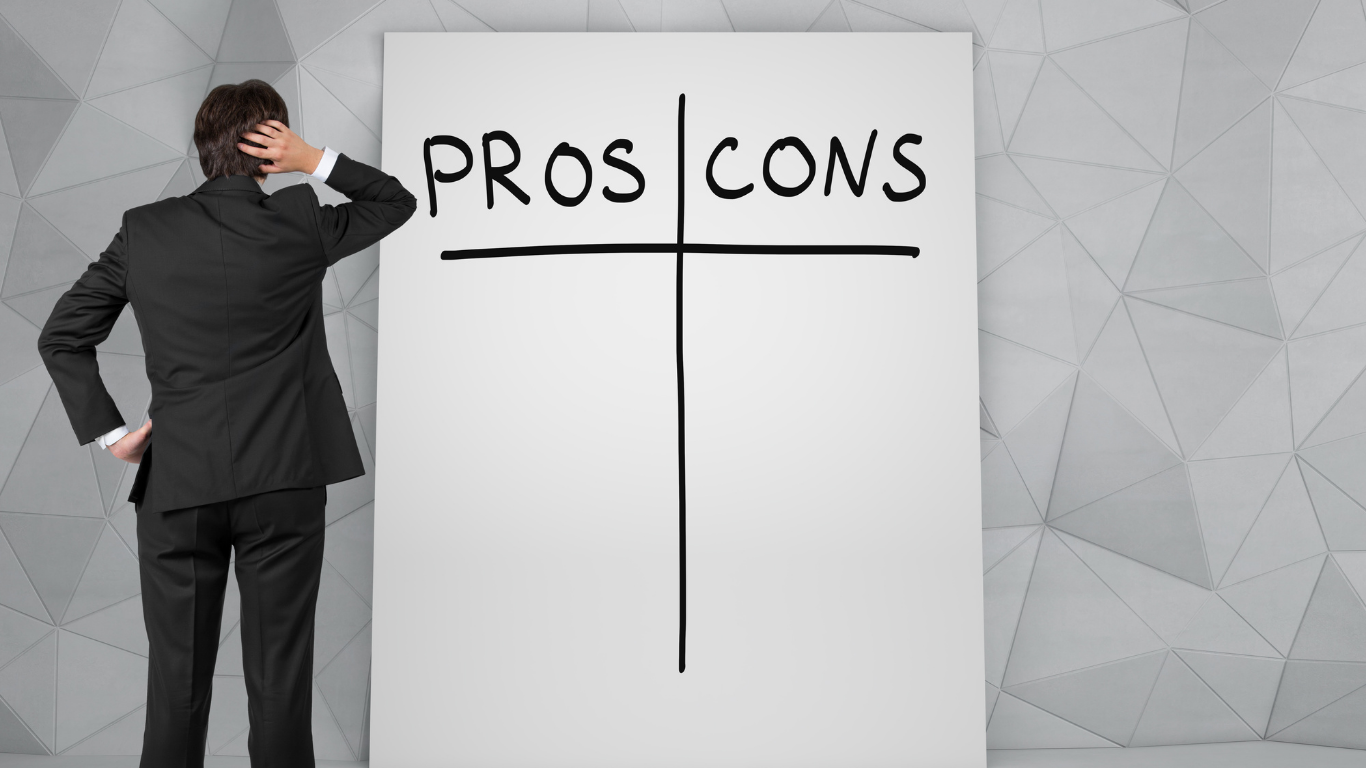 如果您点击这里,此页面将被翻译成中文。
如果您点击这里,此页面将被翻译成中文。
 如果您点击这里,此页面将被翻译成中文。
如果您点击这里,此页面将被翻译成中文。
 如果您点击这里,此页面将被翻译成中文。
如果您点击这里,此页面将被翻译成中文。
 如果您点击这里,此页面将被翻译成中文。
如果您点击这里,此页面将被翻译成中文。
Examining the advantages and disadvantages of selling your property off-market provides valuable insight into your selling options.
Property sales encompass a variety of methods, from auctions and private treaty to expressions of interest.
One increasingly favored approach is the off-market method, where motivated buyers are invited to inspect and make offers on a property before its formal listing.
This method involves sharing the notice of sale with a select group of potential buyers through off-market listing platforms or buyer’s agent networks. This grants sellers control over property access while minimizing selling and marketing expenses.
In our blog, our agents dissect the advantages and disadvantages of off-market sales, empowering you to decide if it aligns with your goals.
The pros of selling off-market
Advantages of Off-Market Sales:
1. Cost Savings: Sellers can save money on listing fees, marketing expenses, and auction fees by conducting off-market sales.
2. Targeted Audience: Off-market sales attract only qualified and motivated buyers, ensuring a more efficient sales process.
3. Reach Through Buyer’s Agents: Buyer’s agents actively seek suitable properties for their clients, providing access to motivated buyers.

4. Online Platforms: Off-market real estate platforms notify buyers immediately when a property matches their criteria, increasing visibility to qualified buyers.
5. Reduced Foot Traffic: Off-market sales mean fewer inspections, eliminating the need for extensive property preparation and staging.
6. Price Testing: Sellers can gauge market response and assess price expectations before transitioning to the open market.
7. Lower Pressure: Off-market listings offer flexibility and time to test the market without the pressure of an official start date.
8. Personalized Transactions: Sellers can build relationships with buyers, ensuring their needs are met beyond just price.
9. Enhanced Privacy: Off-market listings maintain privacy by avoiding public listings, auctions, and open homes.
10. Faster Transactions: Off-market sales typically result in faster transactions compared to traditional sales campaigns, providing sellers with immediate results.
The cons of selling off-market
Potential Downsides of Off-Market Sales:
1. Risk of Lower Sale Price: With fewer buyers and less competition, there’s a risk of selling the property at a lower price than if it were listed on the open market, potentially missing out on the best sale price.
2. Slower Sale Process: Off-market sales rely on finding the right buyer, which can prolong the selling process compared to traditional listings. Patience may be required to secure a sale.
3. Hidden Fees: Off-market platforms may charge listing fees upon successful sale, which sellers should be aware of to avoid unexpected costs.
Want to learn more about whether an off-market sale is suitable for your situation? Our experienced agents specialise in off-market transactions and can provide expert advice tailored to your needs.
Call Us +356 9982 8299 Massimo Debattista










